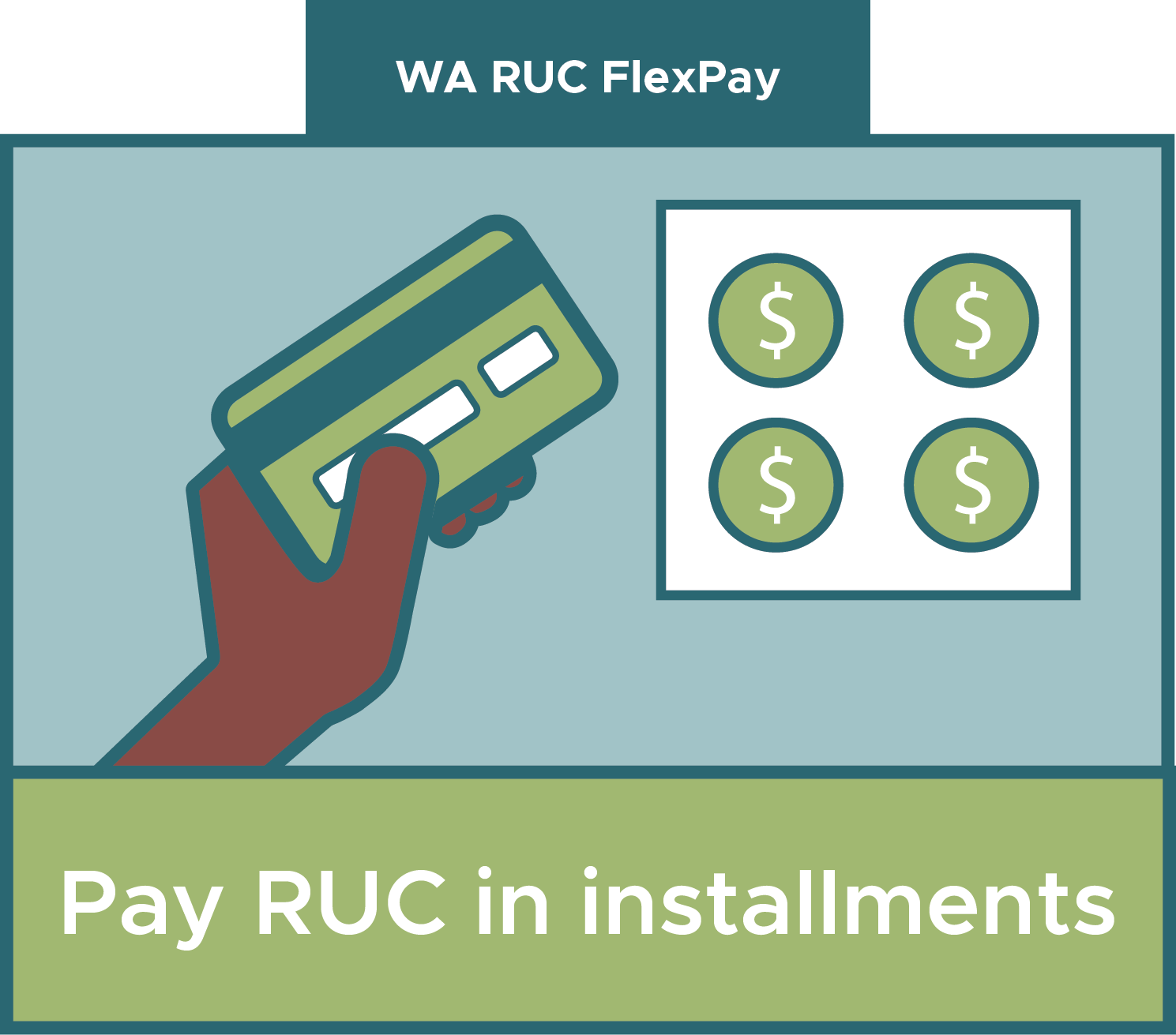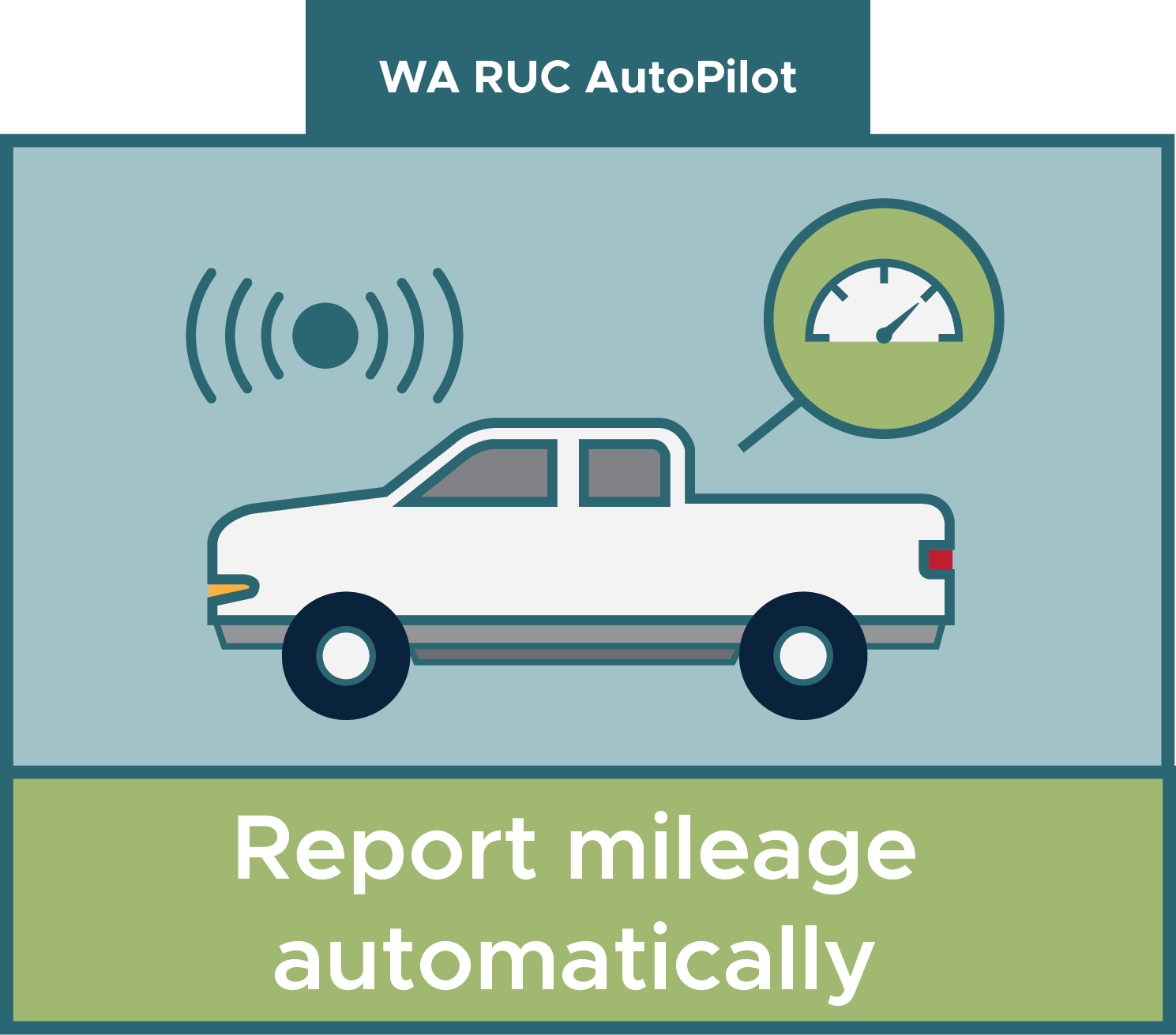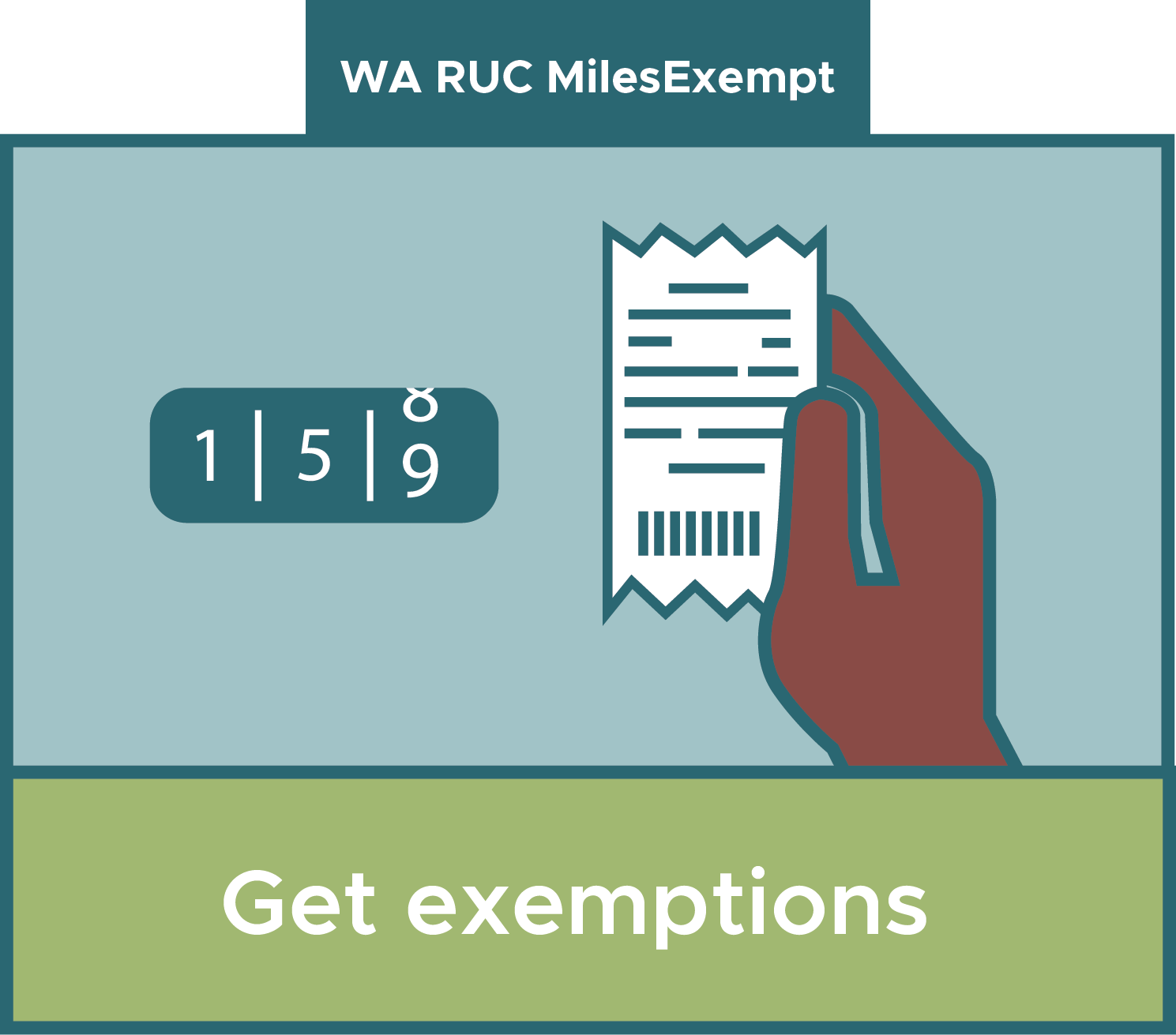Moving RUC Forward
SYSTEMS ARE READY
For the past ten years, the Washington State Transportation Commission (WSTC), at the direction of the Legislature, has worked with a Steering Committee of diverse stakeholders to examine the feasibility of transitioning from the gas tax to a road usage charge. After several in-depth studies, the WSTC and Steering Committee determined that a road usage charge is feasible and could produce the needed revenue to fund Washington’s long-term transportation needs.
After nearly a decade of research and development, Washington has the ability to implement a small-scale RUC program.
Latest recommendations for advancing RUC in Washington
The Washington State Transportation Commission issued its 2022 RUC Annual Report and has provided nine new recommendations addressing different policy objectives for Legislative consideration around starting a RUC program. These latest recommendations build upon the previous previous 16 recommendations put forth by the Washington State Transportation Commission in the Washington Road Usage Charge Assessment Final Report, following the 2017-18 statewide pilot, extensive research, and the Steering Committee’s findings.
- Beginning July 1, 2025, implement a voluntary RUC program open to any vehicle rated 25 MPG or higher, and waive the $225 EV fees and $75 hybrid fees for EVs and hybrids that choose to join the RUC program.
- Beginning July 1, 2027, require all vehicles model year 2028 and newer to pay a RUC in lieu of fuel taxes, EV registration surcharges, and/or hybrid registration surcharges.
This rate is the per-mile equivalent to what the average light duty vehicle in Washington state pays today in fuel taxes, on a per-mile basis
In implementing an initial RUC program, require annual odometer readings of participating vehicles as the method of mileage reporting to determining RUC charges.
To set the stage for a long-term transition toward RUC, begin collecting odometer readings as soon as possible from all vehicles upon initial registration and renewal of registration, whether or not they join the RUC program in the future.
Dedicate RUC revenue to preservation and maintenance of highways.
Designate the Department of Licensing (DOL) as the operating agency for the RUC program and authorize DOL to certify third-party vendors to offer advanced mileage reporting options and account management services.
Enact personal privacy protections in law for a RUC program consistent with the Washington State Transportation Commission’s model privacy policy.
Ensure current gas tax revenue distributions are maintained to cities, counties, state transportation granting agencies, and off-road recipients.
- Require active collaboration between DOL and the Washington State Transportation Commission (WSTC) regarding public engagement and the Commission’s ongoing research and exploration of RUC.
- Direct DOL and the WSTC to evaluate compliance during the voluntary start-up phase of the RUC program and offer joint recommendations to the Legislature by December 2028.
- Direct WSTC and DOL to collaborate with other states, other nations, and automakers to advance long-term solutions for mileage reporting and payment across borders.
RECENT RESEARCH COMPLETED: FORWARD DRIVE
The Commission’s Forward Drive is now complete! Read the final report.
The Washington State Transportation Commission applied for and received funding from the U.S. Federal Highway Administration’s Surface Transportation System Funding Alternatives program. This funded the Forward Drive research program which began in October 2020.
During the first stage of Forward Drive, the Commission explored various policy and program options and their projected revenues while taking into consideration the adoption of more fuel-efficient vehicles over time, the potential permanent impacts on how and when people drive due to the COVID-19 pandemic and impacts that may arise as vehicle automation progresses.
The second stage of Forward Drive began in November 2022 with the rollout of a pilot to explore RUC implementation issues regarding user experience, cost effectiveness of the program, and program fairness for all drivers. The pilot comprised a simulation and three follow-on experiences described below.
Forward Drive research focused on specific RUC implementation issues and considerations, including:

Innovation – How can technology, market innovations, and design improve Washingtonians’ experience with RUC?

Cost-effectiveness – How can we make the cost to the state of collecting a RUC as low as possible?

Equity – How can we make sure that a RUC program is fair for all Washington drivers?
A publicly accessible simulation of a RUC system was launched in November 2022 as the first part of the pilot. The simulation built on findings from the Forward Drive research and extended into early 2023 with over 1,100 participants.
In the simulation, participants could opt into one of three follow-on experiences including WA RUC FlexPay, WA RUC AutoPilot, and WA RUC MilesExempt.

Participants where invited and reminded to return to the website to make up to four payments over four months using preloaded cash cards.

Participants with compatible technology automatically reported miles driven using the data generated from their vehicles.

Participants claimed exemptions by submitting proof of miles driven off Washington public roads.
Pilot Study FAQs
The most recent WA RUC pilot was a simulation of what a real system might be like and gave drivers the chance to provide feedback and share their thoughts and experience with decision-makers. This pilot focused on various approaches to implementing a RUC system in Washington, including research around innovation, cost-effectiveness, and equity.
Washington’s 2018-19 road usage charge pilot project was a year-long test of a RUC system where 2,000 drivers from across Washington had the chance to experience different approaches to road usage charging and see first-hand how it would impact them financially. The results of this initial research is available in the January 2020 Road Usage Charge Final Report.
WA RUC FlexPay simulated installment payments for RUC as an alternative to annual lump sum transactions. Participants were asked to pay the RUC they owed from the simulation in four monthly installments and answer questions about the ease of use of an installment plan, the effectiveness of reminders, and the value-add that an installment plan adds to their experience. The project reimbursed participants for the cost of the payments.
WA RUC AutoPilot allowed motorists to report road usage directly from their vehicles using on-board telematics. Eligible participants were asked to activate their in-vehicle telematics program, which then allowed the project team to access data describing the number of miles driven in Washington provided by project partner Via. Drivers received a mock monthly statement and were asked to answer questions about the attractiveness of this approach and the accuracy of their statements.
WA RUC MilesExempt offered participants an opportunity to self-declare exemptions for out-of-state and off-road miles and provide documentation to back up these claims. Participants were asked to provide evidence of out-of-state travel such as receipts, trip records, and employment verification, to substantiate claims for out-of-state mileage deductions beyond the standard deduction offered in the RUC simulation.
Want to learn even more about RUC? Visit these pages with detailed information and documentation: